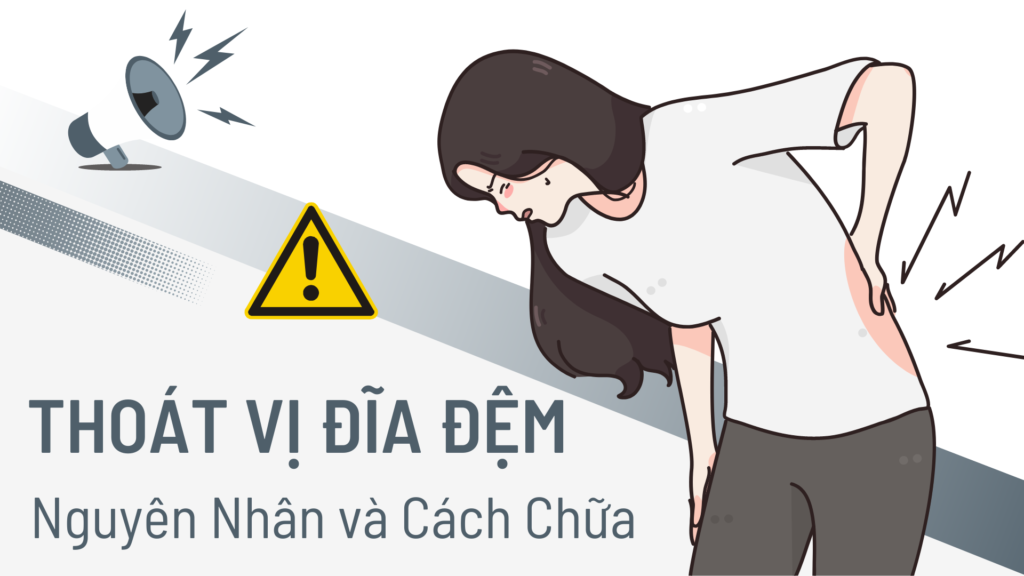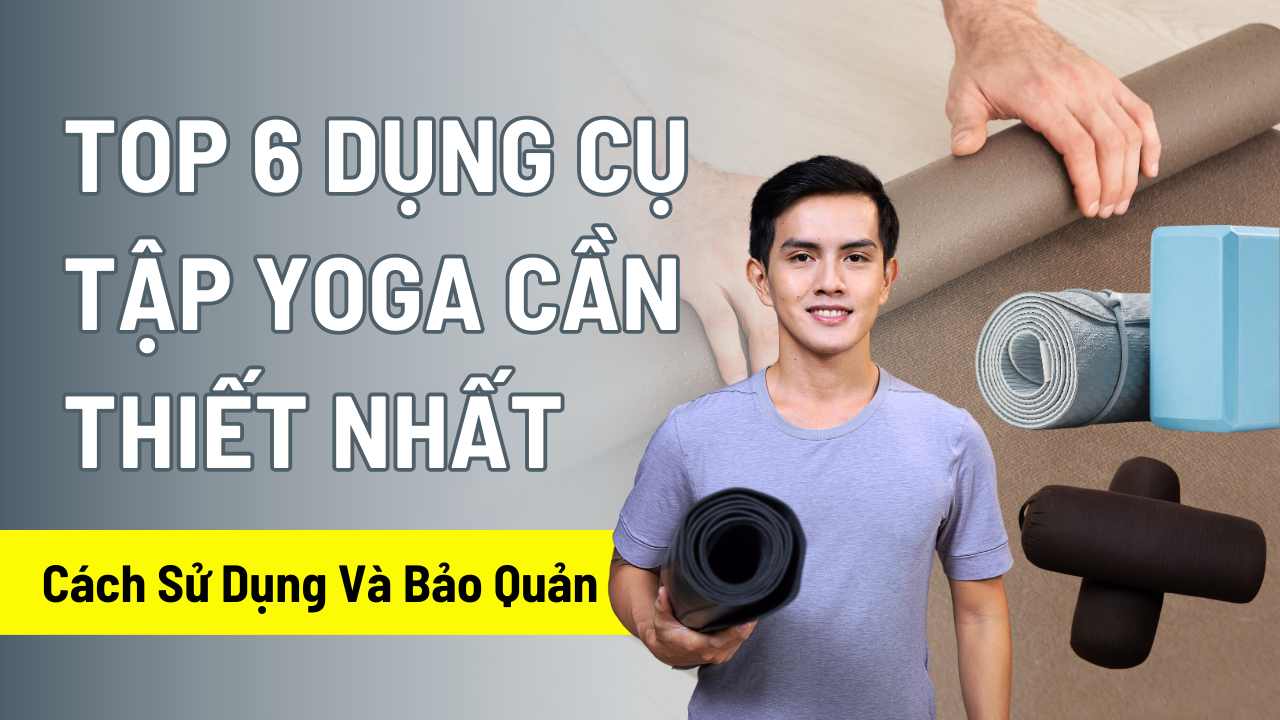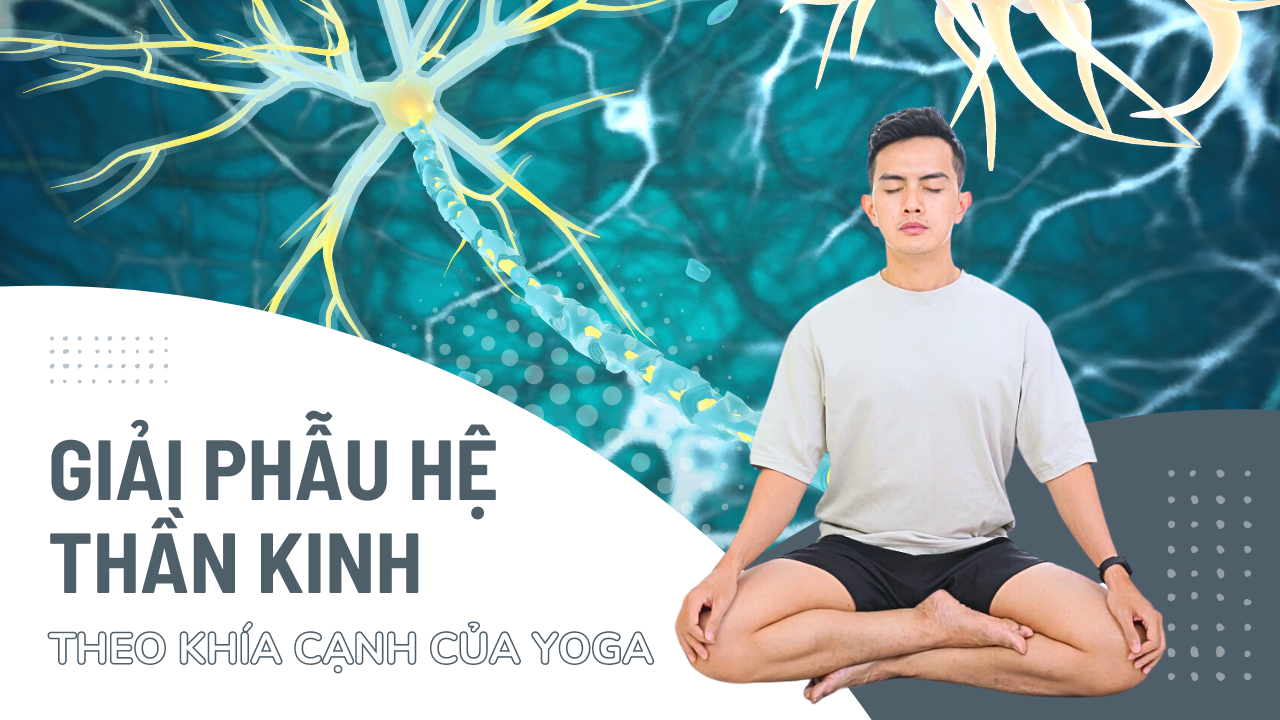A herniated disc is one of the most common causes of neck, back, and leg pain. This condition makes the patient's life very limited and stagnant. So what exactly is that? How to improve? Everyone, please follow the article with Nguyen to have a better overview!
What is a herniated disk?

This is an injury of the spine (backbone). You have a series of bones (vertebrae) in your spine, extending from the base of your skull to your tailbone. Between your vertebrae are round cushions called discs. Intervertebral discs act as buffers between your bones, allowing you to bend and move with ease. When one of these discs is torn or displaced from its original position, a herniated disc occurs.
Who can get a herniated disc?
Nowadays, not only the elderly but also young people can completely suffer from herniated discs. People between the ages of 30 and 50 are most likely to get it. In addition, men are twice as likely to have the disease as women. In addition, the following factors are also more likely to cause a herniated disc:
- Body weight: Excess body weight puts extra stress on the discs in the lower back.
- Occupation: People with physically demanding jobs are more likely to have back problems. Repeated lifting, pulling, pushing, bending to the side, and twisting can also increase your risk.
- Heredity: Some people are predisposed to developing herniated discs.
- Smoking: It is thought that smoking reduces the oxygen supply to the discs, causing them to deteriorate faster.
- Driving often: Sitting for a long time combined with vibrations from the car engine can put pressure on the spine.
- Sedentary: Regular exercise can help prevent herniated discs.
Causes of herniated discs
This condition is often the result of wear and tear from aging known as degenerative disc disease. As people age, the discs become less flexible and are more prone to tear or break with even the slightest bit of strain or twist.
Most people cannot pinpoint the exact cause of their herniated disc. Sometimes, using the back muscles instead of the leg and thigh muscles to lift heavy objects can lead to a herniated disc. As well as twisting and misalignment during lifting, an injury such as a fall in the back can also be the cause.
Symptoms of herniated disc
If you have not been diagnosed by a doctor, you can also recognize by the following basic symptoms:
- Lower back pain
- Numbness or tingling in your shoulders, back, arms, hands, legs, or feet
- Neck and shoulder pain, shoulder pain
- You can hardly bend or straighten your back
- Pain in the buttocks, hips, or legs if the disc presses on the sciatic nerve (sciatica)
Not all slipped discs cause these symptoms. Many people will never know they have a problem. Therefore, it is best if you feel you have a related problem, you should go to a medical facility or specialist for the most accurate diagnosis.
3 Yoga Exercises herniated disc treatment
1. Yoga Sphinx Pose

- Hold your forearms parallel to each other. Keep the natural curve of the spine (Be careful not to tilt your neck back).
- If you feel back pain and discomfort. The easier option is to knit your hands together and rest them on your forearms.
- Hold here for 30 seconds or 10 deep breaths.
2. Yoga Cat Pose


- Knees are shoulder-width apart, wrists and shoulders in a straight line.
- Inhale, drop your belly and chest, lift your chin to look up.
- Exhale, curl your back up, bringing your chin toward your chest.
- Repeat 5 times and relax your back.
3. Cobra Pose


- Lie down on the ground, with your arms across your chest.
- Inhale and slide your chest forward, lift your chest up, creating an upward curve.
- Hold here for 5 seconds or 3 deep breaths.
Ways to prevent herniated discs
To help prevent (if you have only mild symptoms). Or reduce your development worse, people can take the following methods:
- Exercise regularly: Strengthens the muscles in the trunk that stabilize and support the spine.
- Change bad posture when sitting, or moving: Keep your back straight and aligned. Especially when sitting for a long time, lift heavy objects properly, do not let the back do the work and endure too much force. These habits will help reduce pressure on your spine and discs
- Maintain a healthy weight: Excess weight puts more pressure on the spine and discs, making them more prone to herniation.
Nguyen hopes that the above sharing will be useful to you. Help you improve your condition effectively. Please follow and wait with Nguyen the posts about health and next Yoga!



